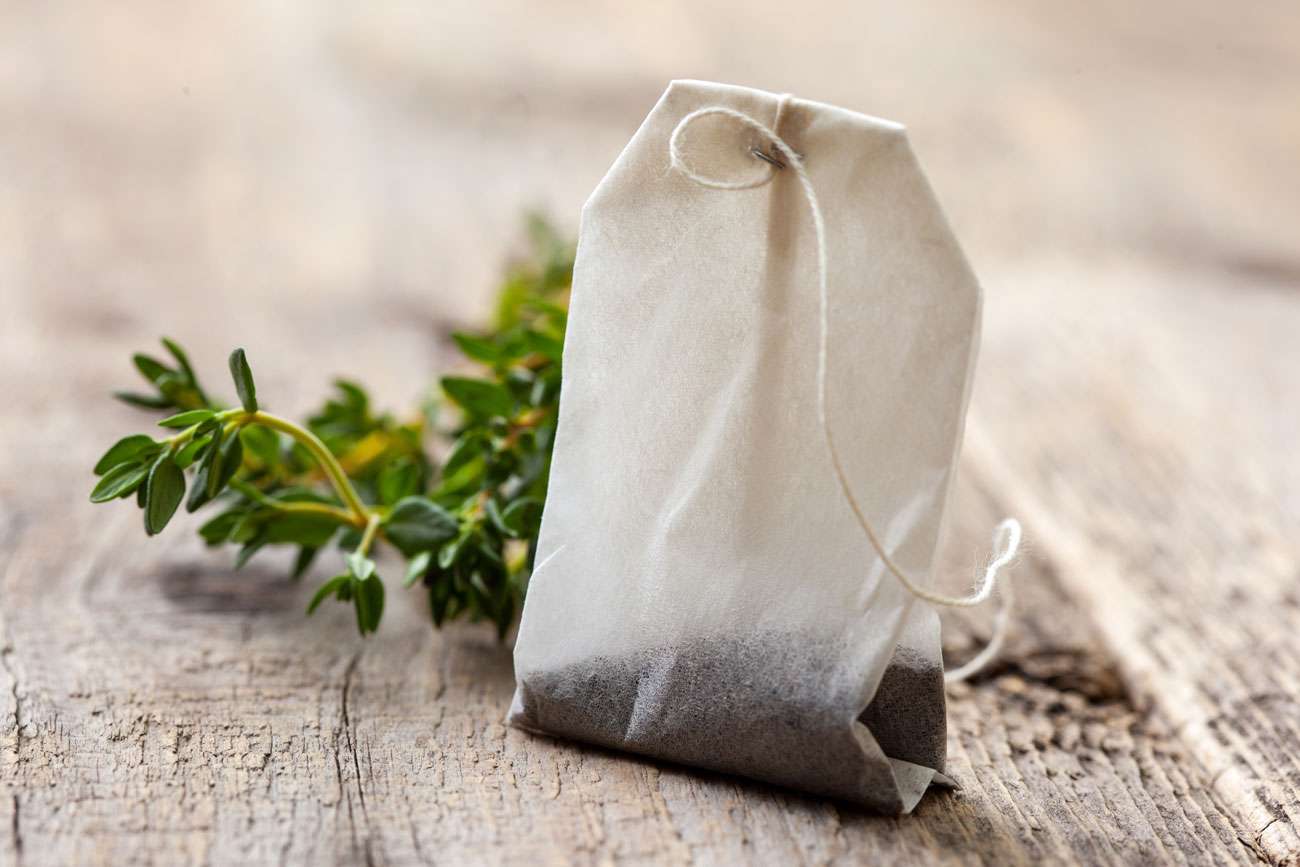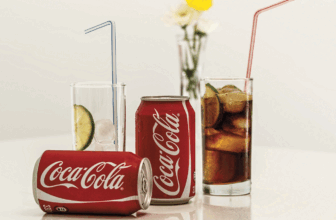
We are all aware that we need to reduce the plastic in our lives because of the health and environmental risks it poses. But there are hidden plastics, in products you wouldn’t necessarily expect to find them, and if you don’t know where they are, it’s hard to avoid them.
Tea Bags – In excess of 65 million cups of tea are consumed in the UK every day, and with 96% of those tea-drinkers choosing bags, rather than leaves, that’s a lot of micro-plastic being used on a daily basis. Many brands are now making steps to change the design of their bags, but this will happen far quicker if we favour the brands that are already plastic-free, such as PG Tips, Yorkshire Tea, Clipper and Twinings.
Disposable Coffee Cups – These cups are lined with plastic, making them difficult to recycle. The obvious solution is to bring your own cup, not only reducing plastic waste but also saving you on the cost of your coffee, as many establishments charge extra for using their cups.
Tinned Food – While many manufacturers have begun phasing out BPA-lined tins, most of them still come with a plastic lining. This can be avoided by purchasing fresh produce, where possible, or by cooking you own beans, for example, and freezing them, which would also save you money.
Tetra Pak – Commonly used to package milk, juice and chopped tomatoes, they are mainly made of paper but do also contain about 20% plastic. If you buy these containers thinking they are recyclable, think again. Recycling facilities for these packs are few and far between, no matter what it says on the packaging. Consider buying milk and juice from your local milk delivery service, whose bottles will be returned and reused, or in your own refillable containers from For Earth’s Sake in Cranleigh.
Chewing Gum – Most chewing gum contains plastic. The same plastic that is used to make plastic bottles, shopping bags or to seal tea bags. Manufacturers don’t have to disclose all the ingredients in their gum so make sure you opt for an openly plastic-free gum brand, like Chewsy or Simply Gum.
Nylon and Synthetic Clothes – An estimated 1,900 microfibres can get rinsed out of a single piece of synthetic clothing each time it’s washed. These virtually invisible micro-plastic fibres might be the biggest contributors to ocean pollution. Try to avoid these fabrics, sticking to natural fibres such as cotton, wool and linen instead, or consider investing in a laundry wash-bag that traps the fibres and allows for safe disposal. Washing your clothes less is also a sensible option, in terms of reducing microfibres being released, but also to prolong the life of your clothes.
Wrapping Paper – Shiny or sparkly wrapping paper is more than likely covered in plastic and cannot be recycled. A better option is choose brown paper, for a more rustic look and decorate it yourself. Or buy reusable wrapping paper and bags.
Wet Wipes – The vast majority of wet wipes contain plastic, and when you consider that in the UK we use 11 billion of them every year, it’s a fairly hefty plastic problem. If you’re using them to wash your face, consider using cotton muslin cloths and cleanser instead as these can be washed and reused. Or if you are using them for stinky bums then there are plastic free wipes available, such as Natracare that are disposable, or Cheek Wipes that are reusable.
Let me know where else you are finding unwanted plastic.
Penny Lynch
Norwex Independent Sales Consultant
pennylynch.norwex.eu
07763 862470











